There will be only one 2017 in the Gregorian calendar, and in effect, we can only have one 2017 in the entire human history. Nigeria will never have a chance like this anymore. And as long as it is 2017, N7.441 trillion remains the biggest budget (in naira terms) in Nigeria’s history.
I expect that the National Bureau of Statistics (NBS) to release GDP numbers on Tuesday, and those numbers will most likely say Nigeria is out or on its way out of its worst economic recession in nearly three decades. This will also mean that the 2017 budget is our first post-recession budget. Hence, there is a need for caution on every side.
If you ask me, this is an opportunity to get it right, an occasion to begin again, and a golden chance to set the nation on the path of sustainable development. Fortunately for him, Osinbajo has got posterity’s situational blessings to be at the helm at this challenging but opportune time in our nation’s history.
Femi Falana, human rights lawyer and senior advocate of Nigeria (SAN), has called on the acting president not to sign the illegal 2017 budget. According to him, the national assembly has no power or authority to inflate national budgets.
Advertisement
“We are therefore calling on the Acting President of the Federal Republic of Nigeria, Prof. Yemi Osinbajo, who is a professor of law not to endorse and sign the illegal appropriation bill of 2017 into law,” Falana had said.
Some other legal luminaries have opposed Falana, saying that the acting president can sign a bloated 2017 budget. But as the politics of budget passage bully the economics of the same, Osinbajo must take it upon himself answer some economic questions that are not often asked, and that will not make front page.
OILY QUESTIONS OSINBAJO MUST ANSWER
The N7.441 trillion budget has a deficit of N2.35 trillion before passage, and an oil benchmark $44.5 per barrel, with a production level of 2.2 million barrels per day.
Advertisement
In simple English, this means that when Nigeria produces 2.2 million barrels of oil per day, sells the oil above $44.5 per barrel, the nation will still need to borrow N2.35 trillion to meet its budget obligations for 2017. And here is the problem.
Today, Nigerian authorities have said the country is pumping as much as 2 million barrels of oil per day. Maikanti Baru, the group managing director of the NNPC even went as far as saying the country hit 2.1 million barrels before backtracking to say we were on 2 million barrels per day.
“Crude production has steadily increased to 2.1m b/d due to some strategic dialogue efforts embarked upon by the federal government in the Niger Delta,” Baru said in February.
In early May, after a meeting with President Muhammadu Buhari, Baru explained to state house correspondents that the nation was still about 200,000 barrels short of daily production expectations.
Advertisement
The same Baru-led NNPC told the Organisation of Petroleum Exporting Countries (OPEC) that Nigeria’s average daily production was at 1.484 million barrels per day. OPEC’s secondary sources however put the country’s production levels at 1.508 million barrels per day for April 2017.
Data from all of OPEC’s monthly oil market report from January till date, shows that the country has not produced at a daily average of anything above 1.6 million barrels per day. Going by these figures Nigeria is at least 600,000 barrels short of 2017 budget expectations.
Based on these expectations, Nigeria is expected to get about N2 trillion from oil exports, about N1.4 trillion from non oil revenue, and still have a to borrow at least N2.35 trillion, for funding the budget.
What if Nigeria does not meet production target of 2.2 million barrels per day?
Advertisement
The first question the acting president must answer is the possibility of not meeting the set target of 2.2 million barrels per day in oil production. If this is not met — which is very likely considering our current numbers — the deficit in the budget will increase, and Nigeria will again be at the mercy of foreign lenders.
Considering that Nigeria’s debt profile has increased by over N5.4 trillion since this government took office,only two years ago, another N2.35 trillion debt is enough burden to take on, in a year. Increasing this figure will make matters a whole lot worse for the nation’s profile, and for the government’s reputation.
Advertisement
What if OPEC asks Nigeria to cut production in new oil deal?
OPEC will be meeting in Vienna on Thursday to decide the fate of the global oil economy, which would affect Nigeria positively or negatively, depending on the swing of the pendulum.
Advertisement
On Monday, the oil ministers of Saudi Arabia and Iraq met in Baghdad to discuss the next OPEC deal. At the end of the meeting, the Iraqi oil minister told journalists that his country will be supporting Saudi and Russia’s call for a new deal, which will run till March 2018.
He went on to say small producing countries, who were exempted from the current deal should be made to cut production levels in the new deal.
Advertisement
If OPEC asks Nigeria to cut oil production levels by as little as 100,000 barrels, this will be a huge blow on the country’s finances for the 2017 fiscal year.
Acting president sir, do we have any plans for these oily contingencies? If we do, please sign the budget. If we do not, we need some. We will spend our way out of recession, but we must not borrow our way into another recession.
1 comments

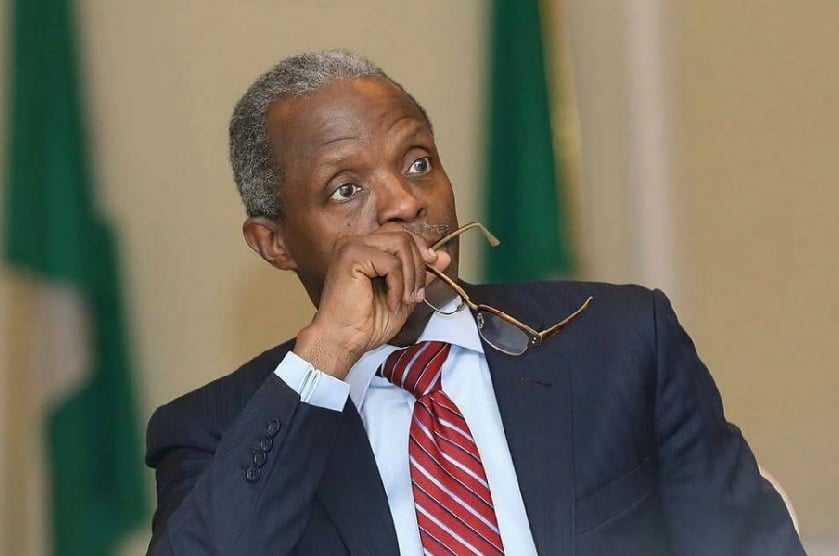
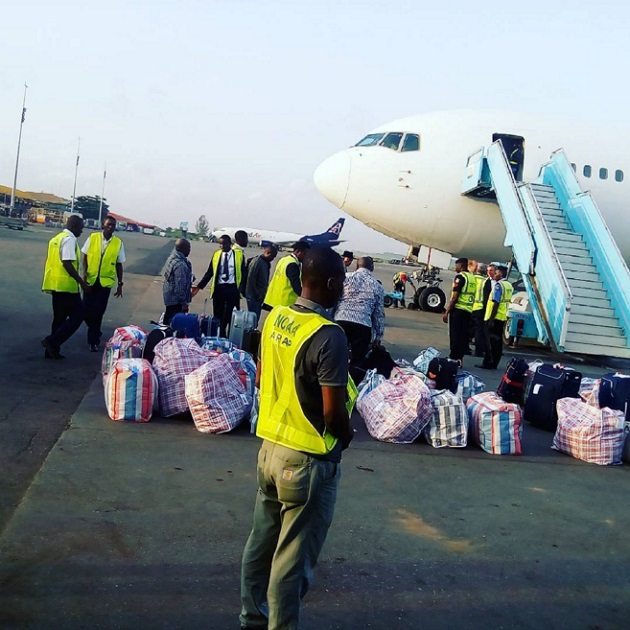
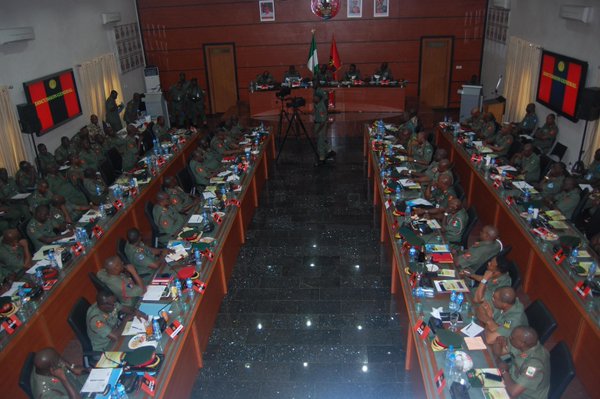
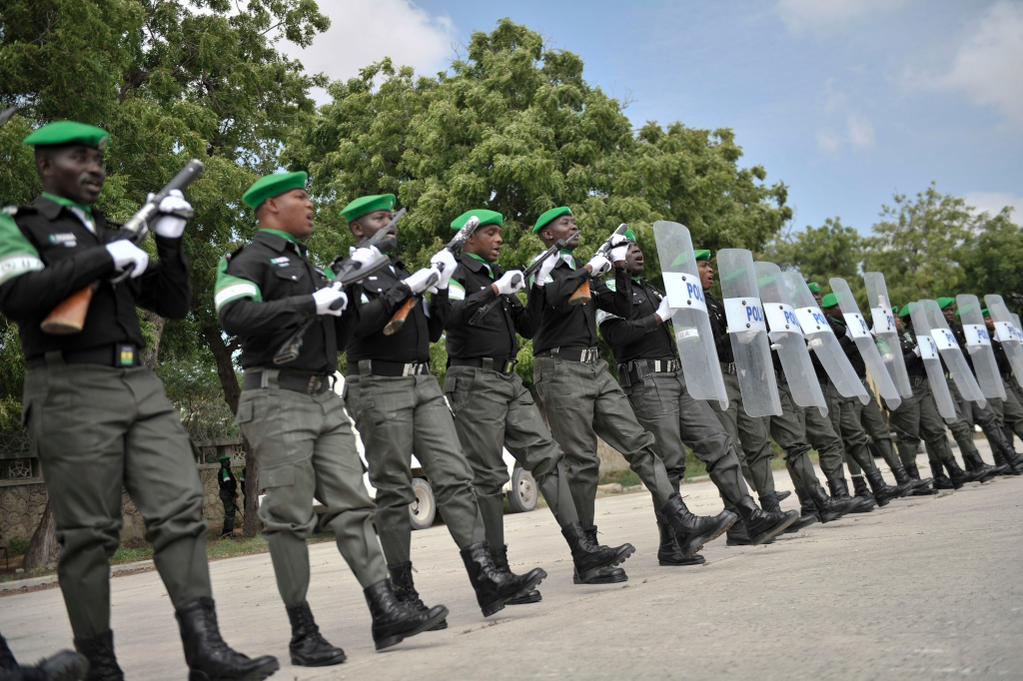

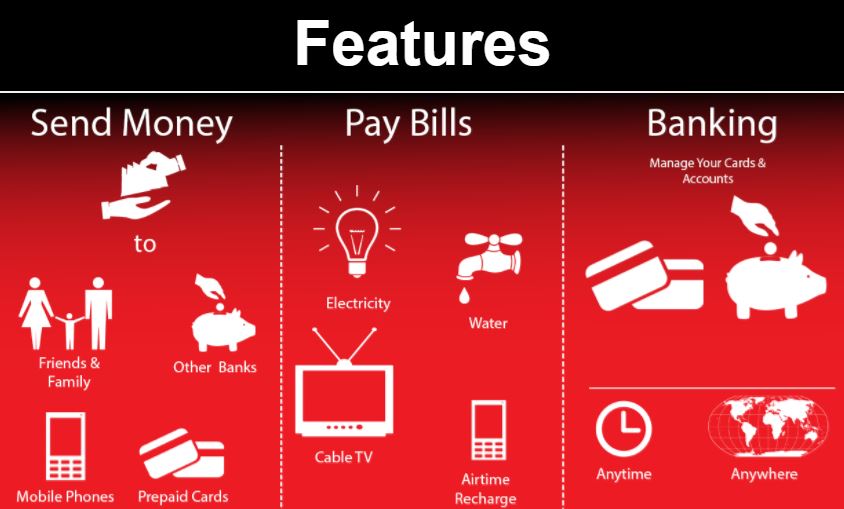
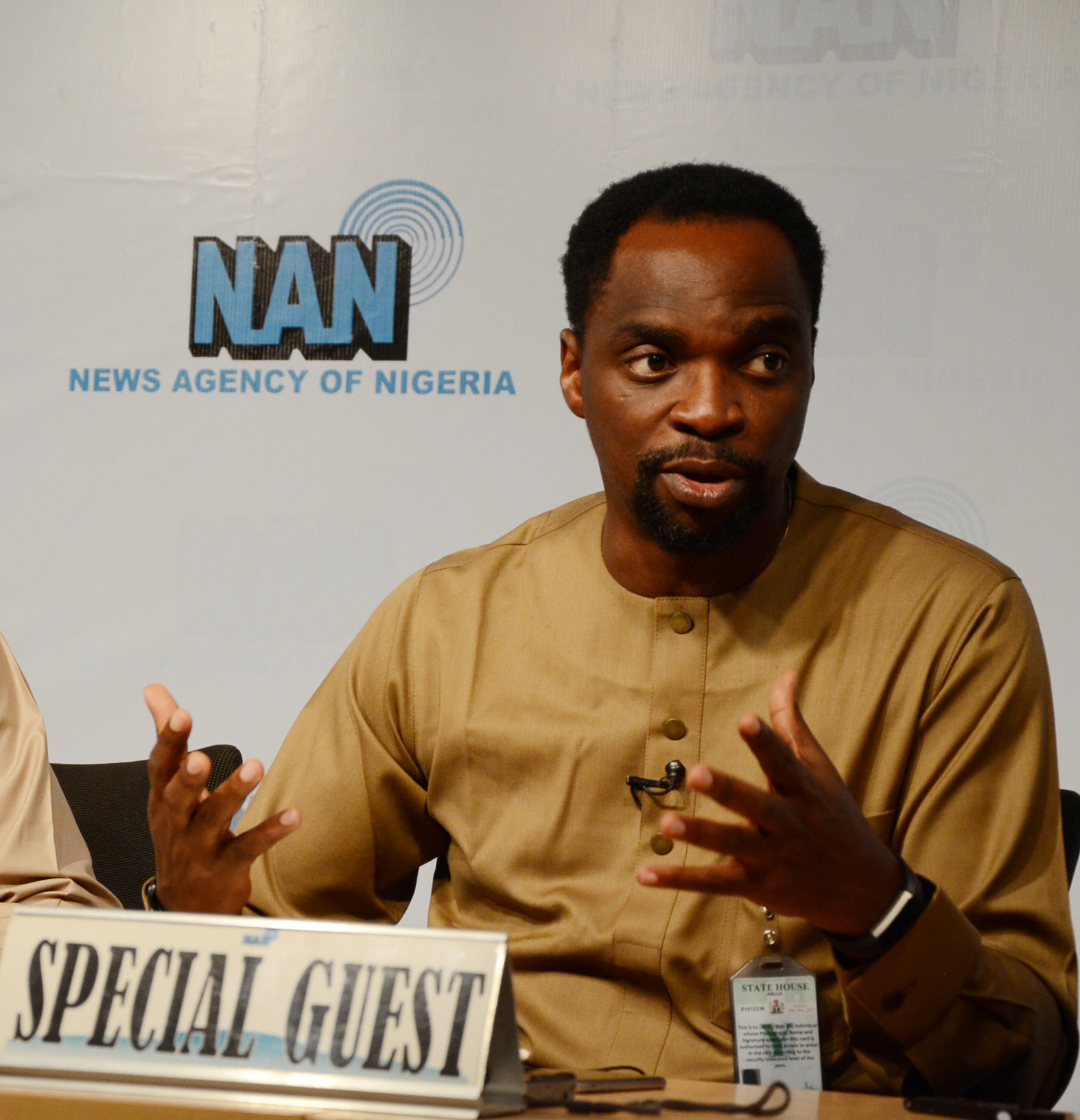
May God bless nigeria and we to achieve our common goal